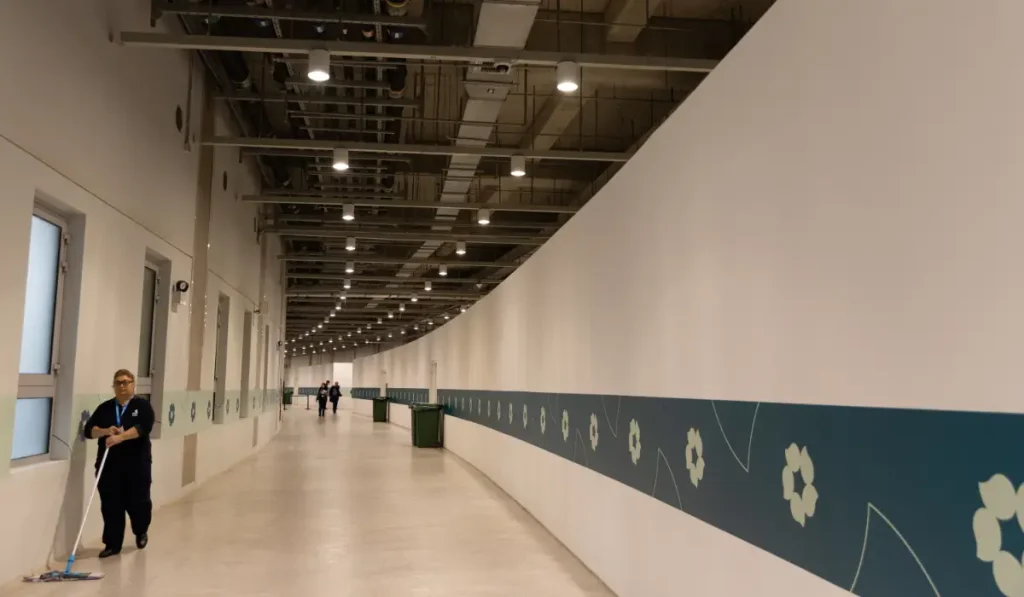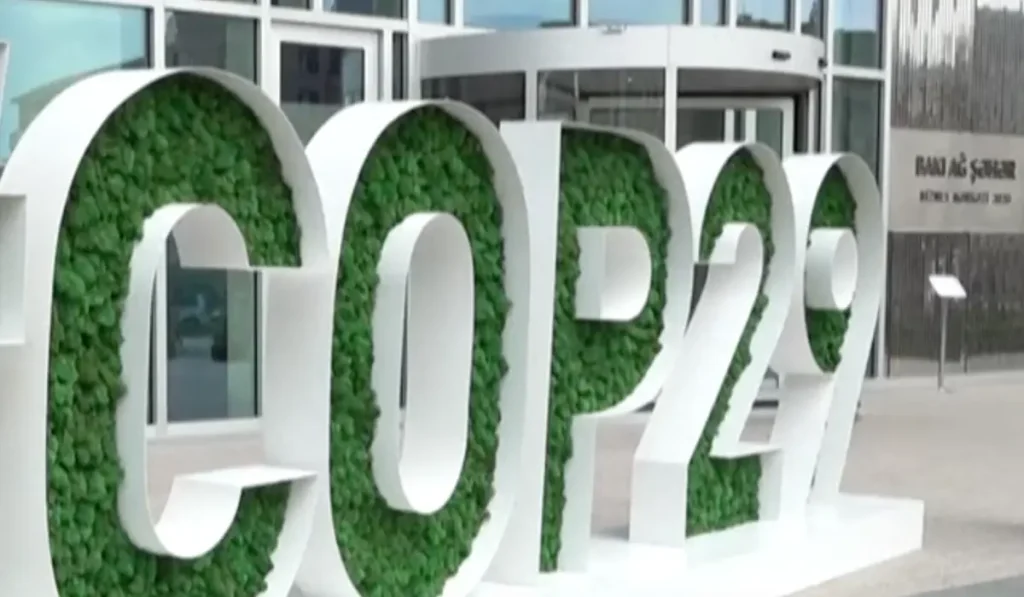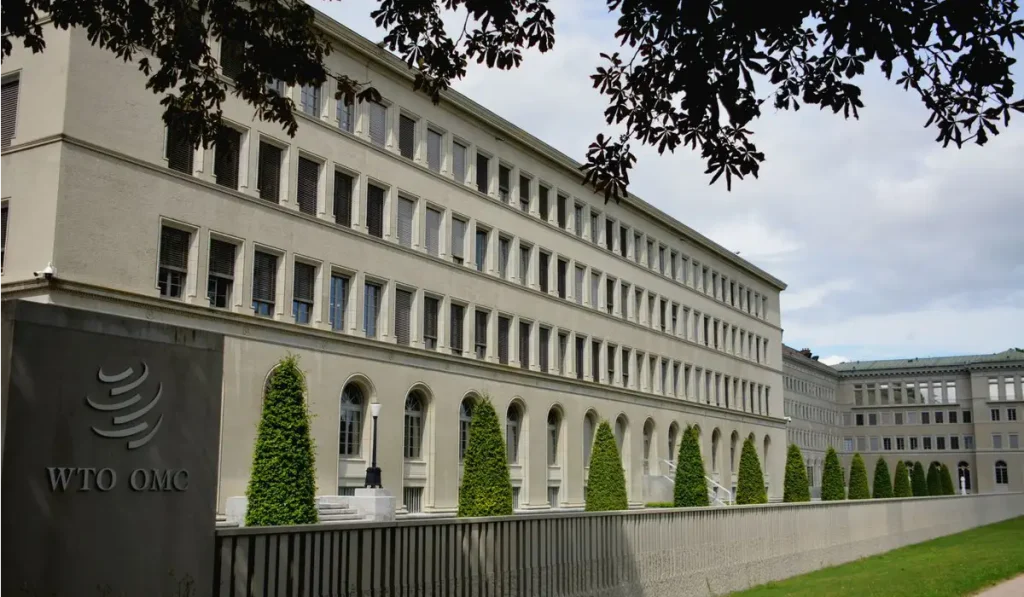A World Trade Organisation (WTO) review of the EU’s trade policies and practices, a triennial forum where other WTO members can air grievances, recently concluded on 7 June 2023. The proceedings were observed and participated in keenly by the EU’s trade partners, particularly those affected by the EU’s Carbon Border Adjustment Mechanism (CBAM). The CBAM entered into force last month and will apply as of October this year. It imposes an additional cost on certain goods entering the EU, based on the emissions associated with manufacturing the product, and the carbon price paid in the country of origin. Its stated purpose is to achieve more parity on the carbon related costs borne by goods manufactured in the EU and those imported into it, and to avoid carbon leakage into other countries.
In a summary of submissions, a large number of WTO Members reportedly made direct reference in their interventions to the EU’s environmental and climate policies. Although many appreciated their stated purpose, they stressed that these should not result in barriers to trade. The CBAM was cited as one area of concern, but the broader European Green Deal, of which the CBAM is a component, and which covers green taxation and green government procurement, was also mentioned. In a report by the South China Morning Post, China, in particular, took aim at the CBAM. China’s WTO ambassador, Li Chenggang, said it would unfairly penalise developing countries. China perceives the green policies as an attempt to address long standing trade grievances with China. Li also stated that the EU’s Net-Zero Industry Act, which may in future impose restrictions on the import of Chinese batteries, and wind and solar technology, “ran counter to the market principles and the basic rules” of the multilateral trading system. A representative from Taiwan, a WTO member, also urged the EU to work to “ease the potential impact and concerns” over the CBAM. Russia apparently also stated that the CBAM would “fundamentally challenge the structure of global goods flows and the state of competition in the world’s largest markets”.
In defence of the EU’s green policies, Sabine Weyand, the European Commission’s director general for trade, is reported to have said that “domestic policymaking is essential to deliver on the Paris Agreement commitments and that no action is not an option”. In the Chairman’s summary report, the EU was encouraged to “consider and further reflect on these issues and on the many constructive comments that it received during the Review.” Certainly these comments are something that the EU could take into account as it refines the CBAM during its initial transitional phase up until 2026.
Last month we reported on a ground-breaking study released by the African Climate Foundation and the Firoz Lalji Institute for Africa at the London School of Economics and Political Science that highlighted the significant economic implications the CBAM might have for Africa. The report finds that it is likely to hit the competitiveness of African exports, particularly industrial exports if product coverage expands over time. It also notes that the CBAM process introduces administrative hurdles to market access by African countries, which historically struggled to access the European market. In a hypothetical model in which the CBAM is applied to all imports, it could reduce total exports to the EU from African countries by 5.72% and reduce Africa’s GDP by 1.12% (equivalent to €31 billion in 2021 levels of African GDP).






